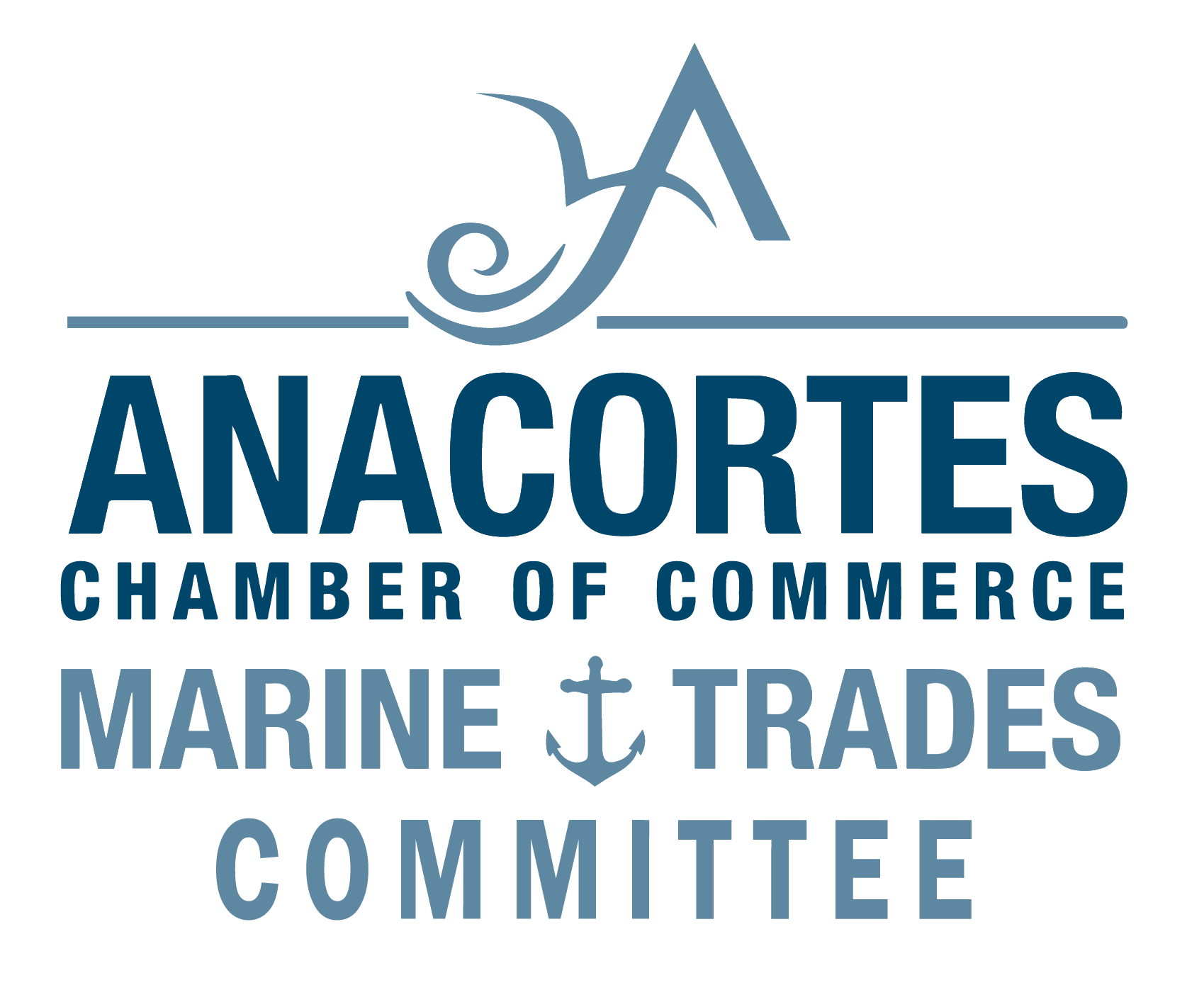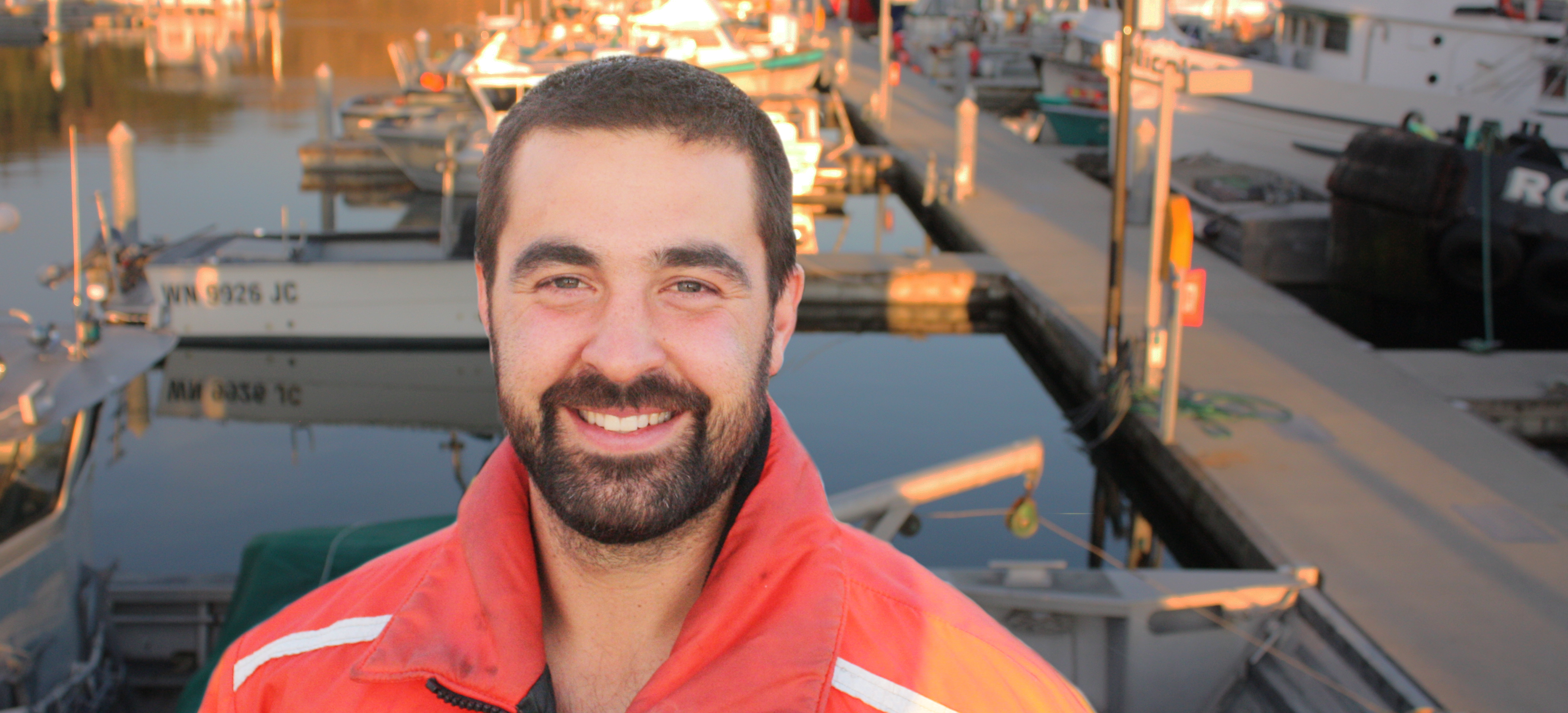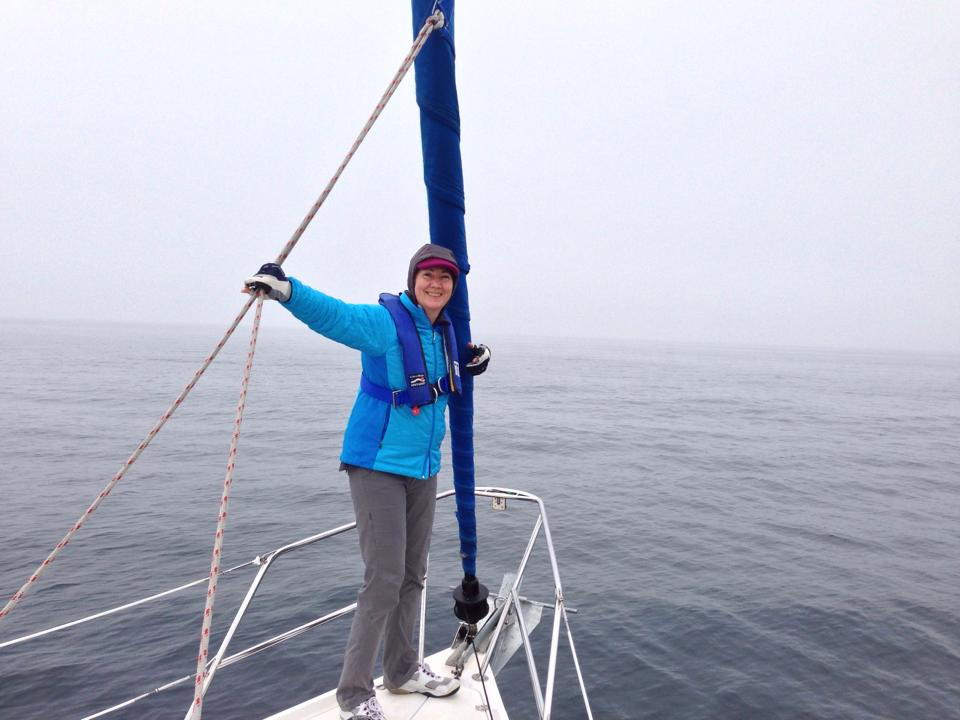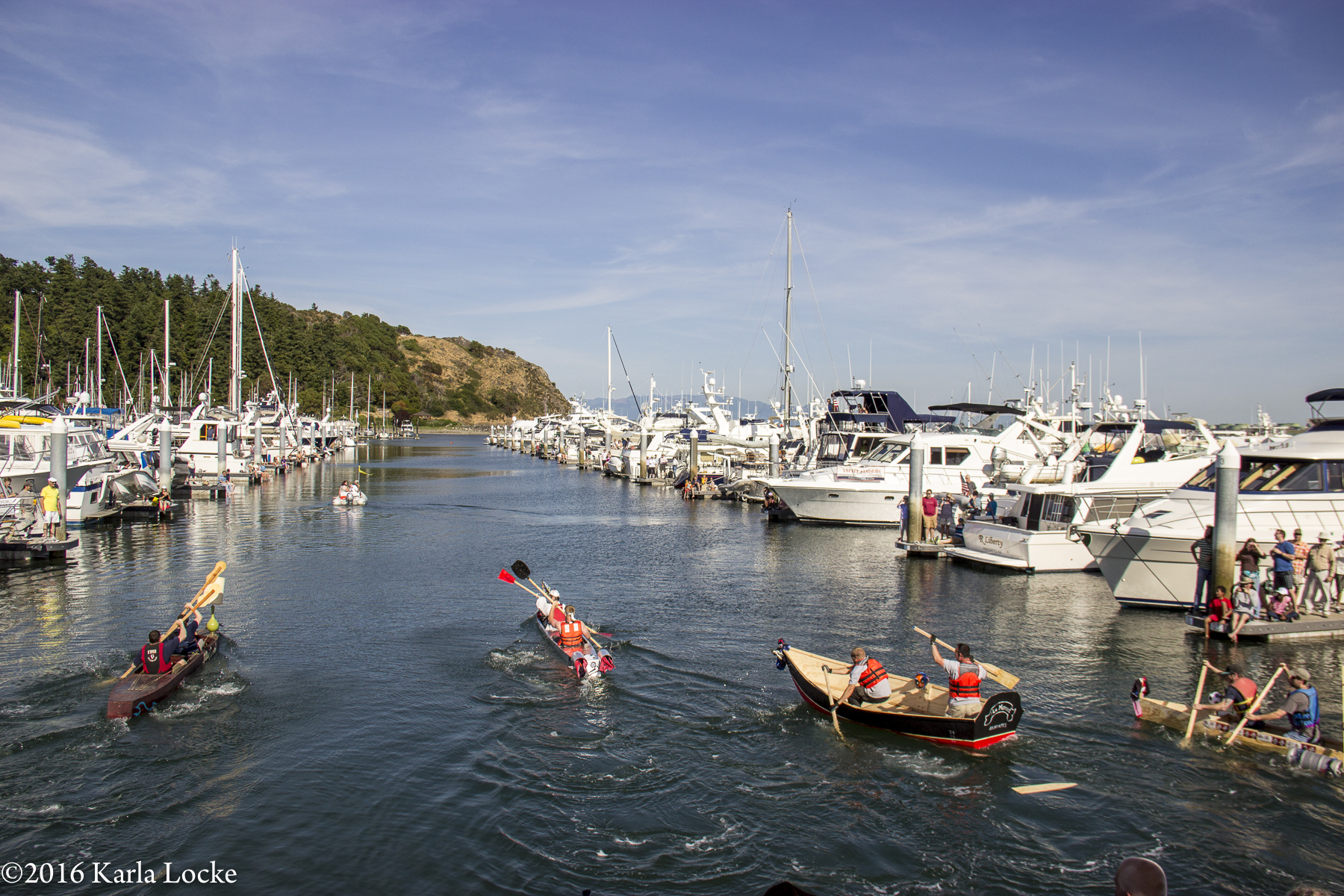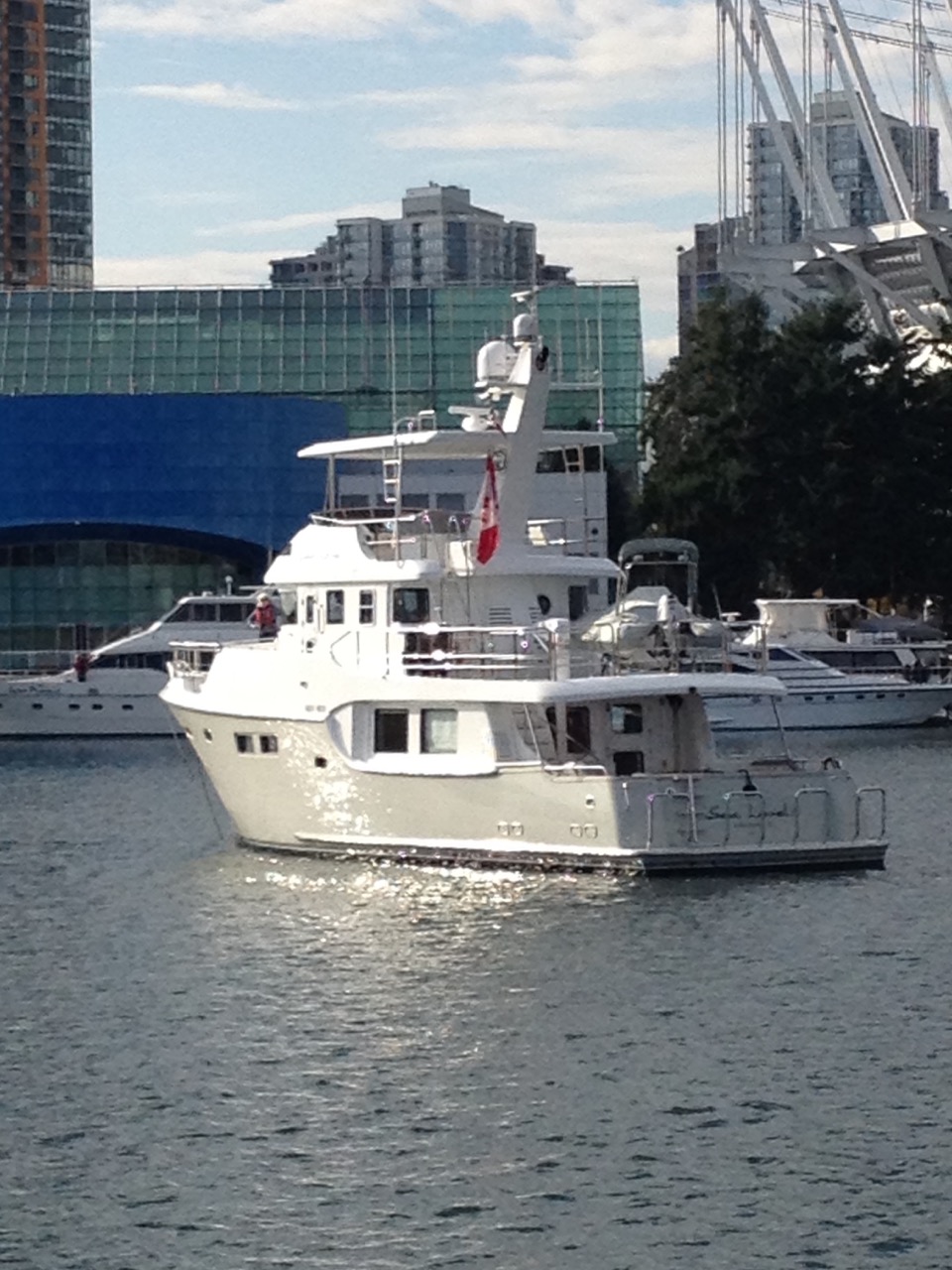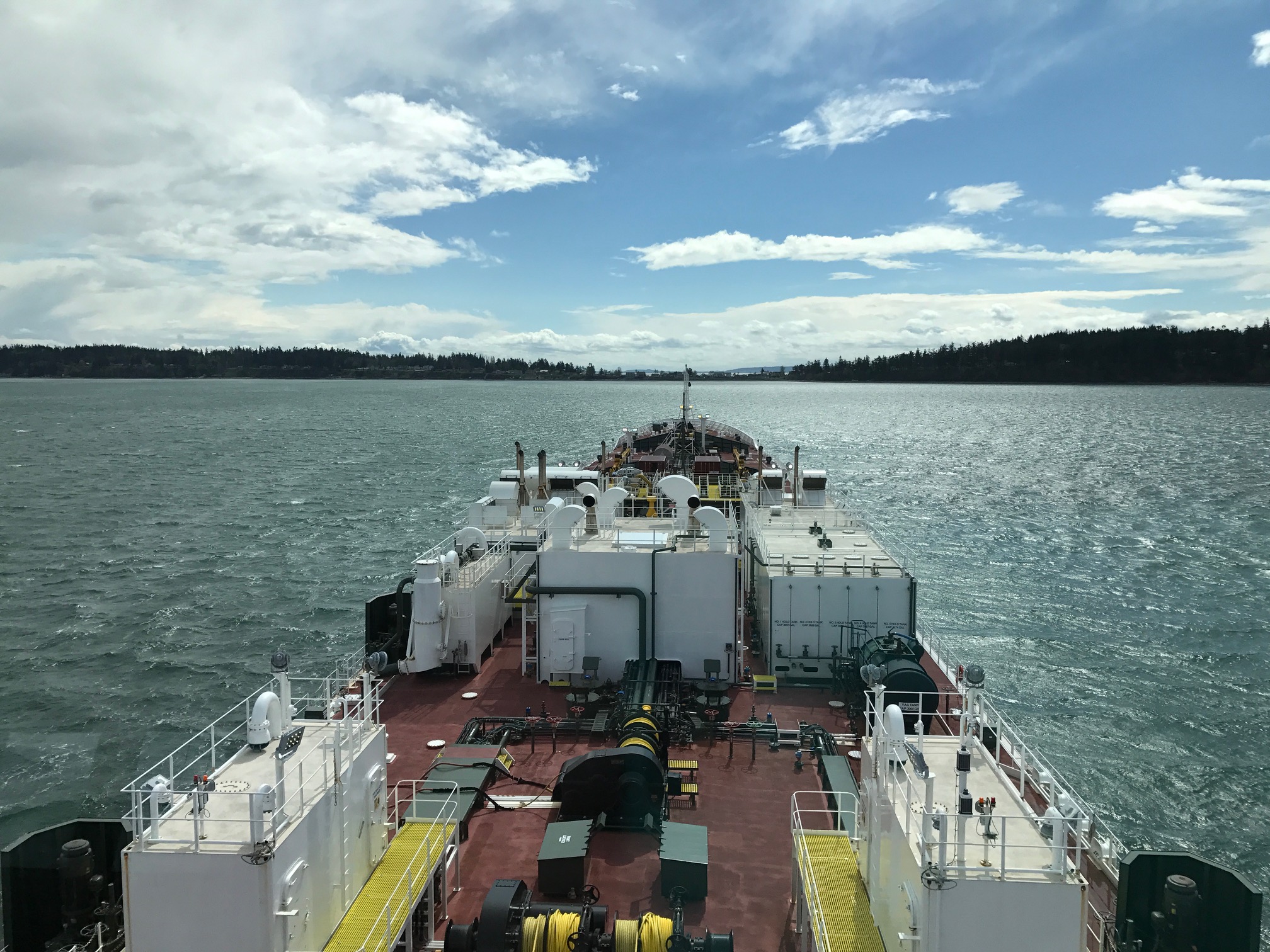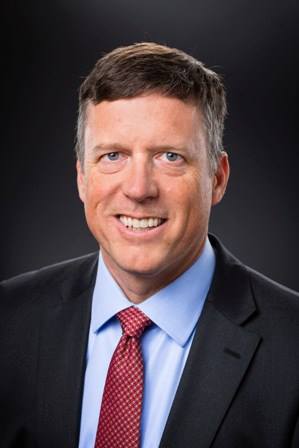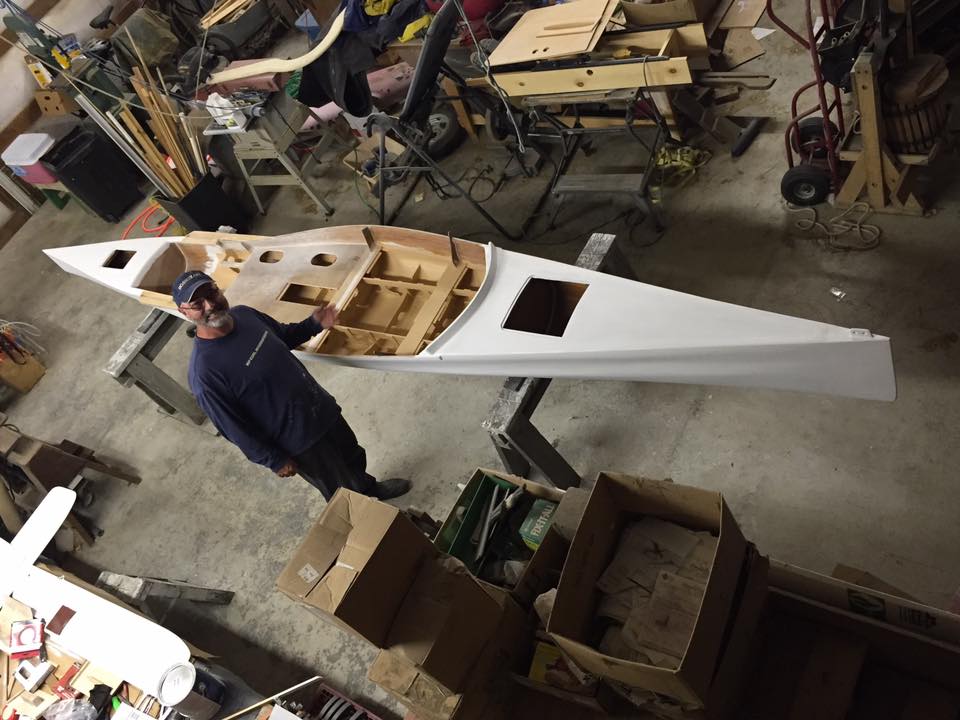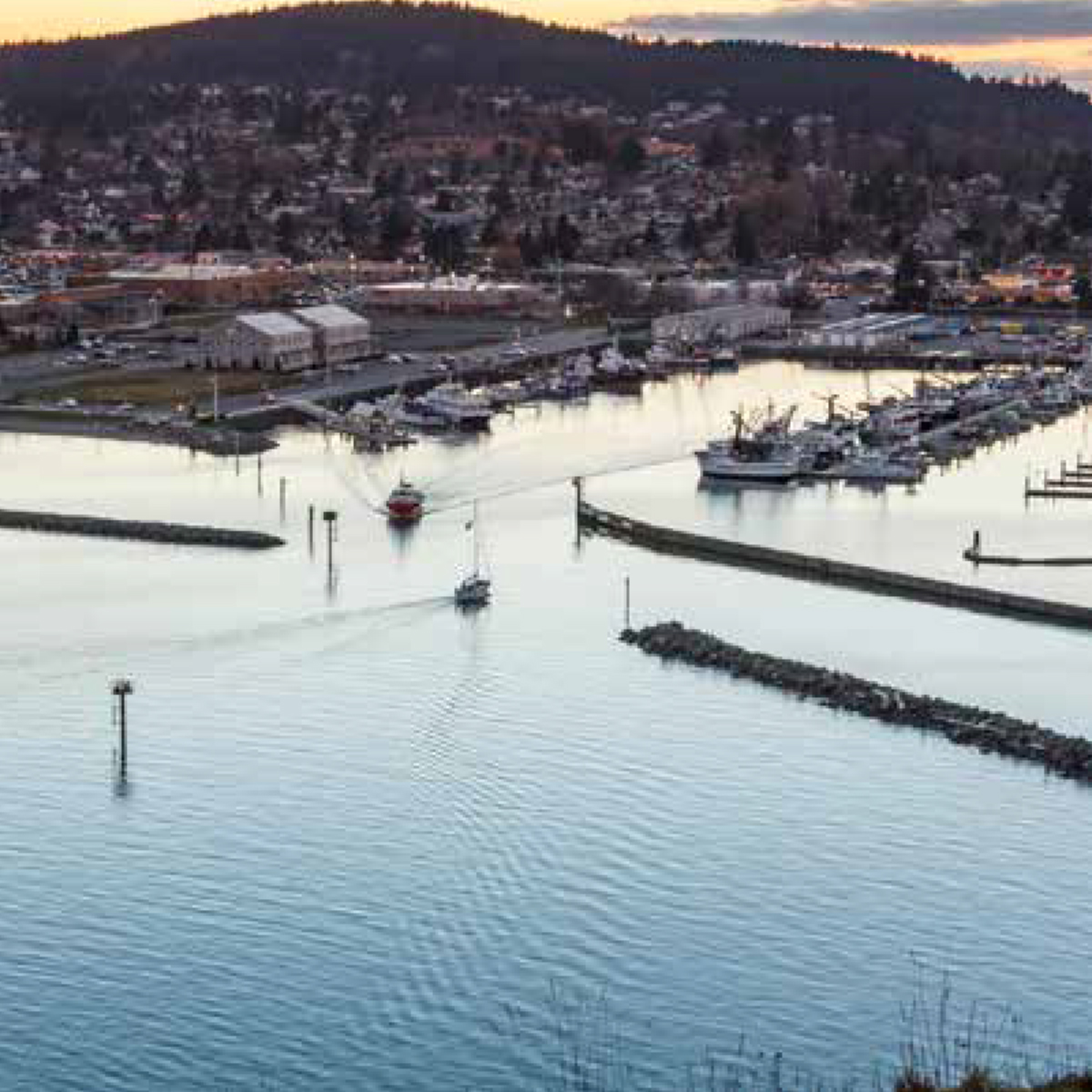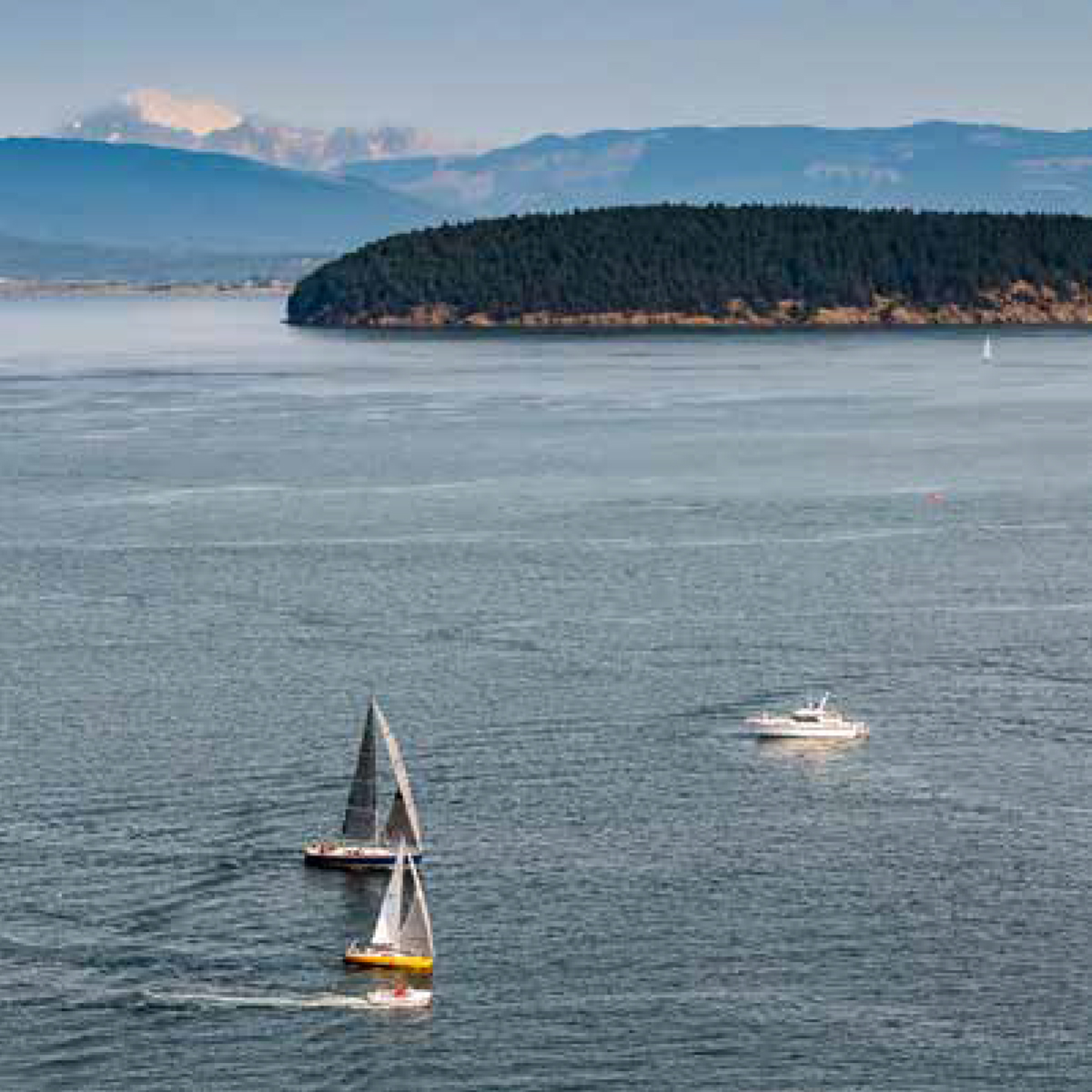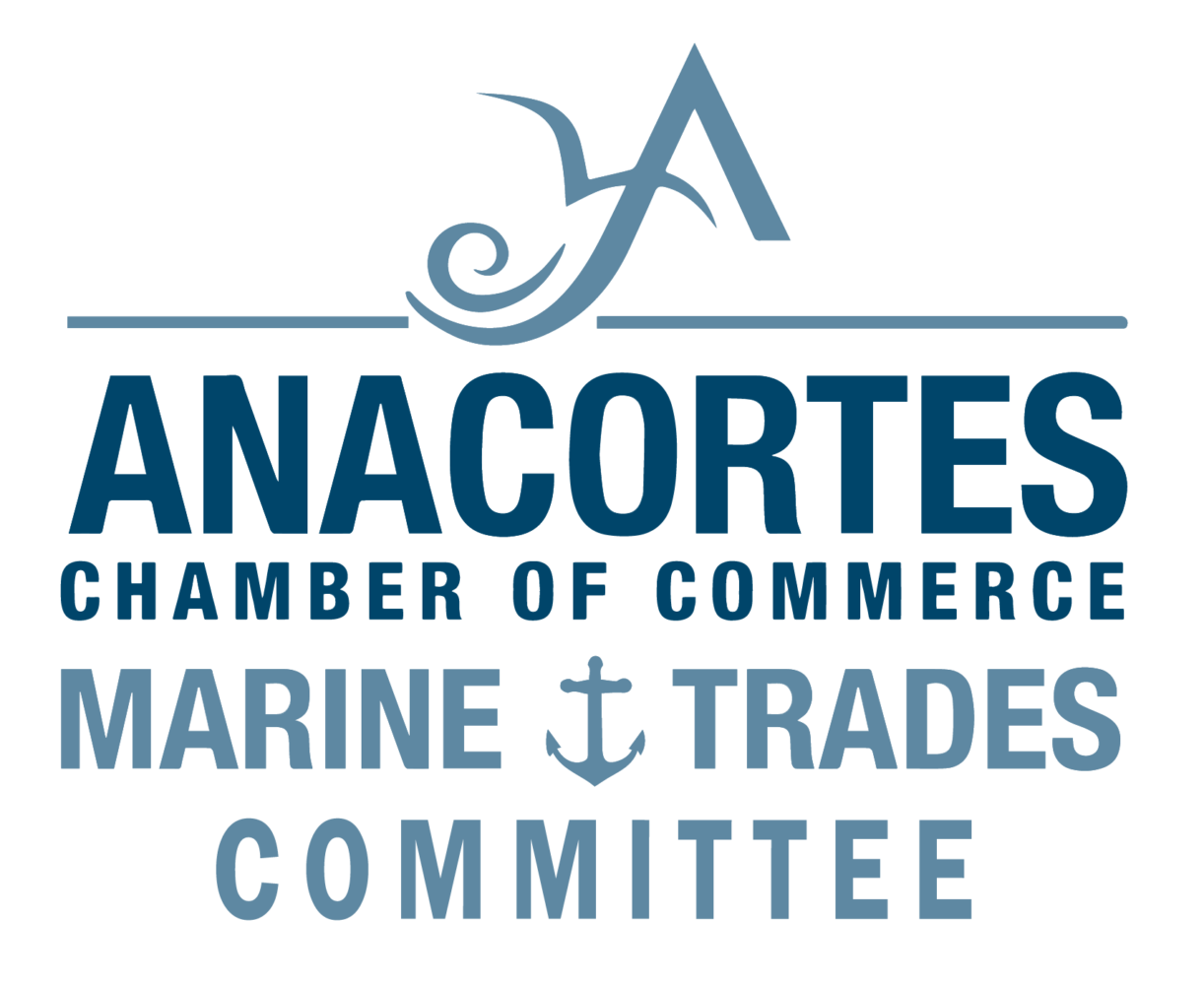Mission Statement
In Partnership with Public Agencies and Private Business, develop and manage facilities and services which stimulate private job creation and commerce, while protecting the quality of life, needs, and desires of area residents.
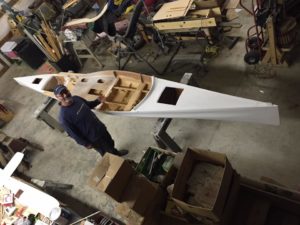
The focus of the port is primarily transportation and the infrastructure related to it: seaports, airports, marine terminals, marinas, roadways, railways, bridges, etc. Another important focus is access to the water.
This is the mission of the Port of Anacortes. Commissioner Keith Rubin is one of five commissioners who provide the policy and oversight to make sure the Port follows this mission.
Commissioners serve a four-year term. Commissioner Rubin was first elected in 2005, began his position in 2006, and is now the Vice President. His main duties include taking over when the president is unavailable to serve as chair and to evaluate the Executive Director of the Port, which is the only position the Commissioners are involved in the hiring of. All commissioners’ duties include: representing the public interest in policymaking, planning, budgeting. The other essential role is oversight to assure that the organization is serving the public interest.
What is the Port’s Role in regards to the Marine Trades in Anacortes?
“We encompass a much larger role than just Marine Trades. The Port is about stimulating jobs and commerce. We know that a lot of jobs are created around the marina, marine terminals, and so it is important to have a healthy infrastructure,” Commissioner Rubin said.
Another form of support is helping private industry. When they can’t do something or it is too difficult for them to do alone the Port provides support. For example, permits can often take three, sometimes five years to get. The Port can help jump through all the hoops. They will work in a public/private partnership and take on the job of getting things pushed through the process. One such permit was for Dakota Creek Industries’ expansion to build the pier. The Port helped make sure the infrastructure could get built.
It is challenging to know how to measure the affect the Port really has on stimulating jobs and commerce. “Sometimes those things that are hardest to measure are the most important,” Commissioner Rubin said. The Port wrestles with this issue all the time: is it beneficial to the community or a burden on the taxpayers? An example would be a boat launch in Fidalgo Bay. It only creates one, possibly two jobs, but it brings boats into the community and they are going to need fuel, provisions, they might want to eat out, shop, need service for their boat, etc. As a result it creates more than just one job, it provides other jobs and brings in money throughout the community.
Some of the Port’s tenants are government agencies such as Washington State Ferries, and Customs and Border Protection, but most of their tenants are private industries.
We asked, “What could the Marine Trades do to work more closely with the PORT?”
1.Being organized as a group is helpful. Speak as a group. It helps the Port focus on what is really important to the group.
2. Help by being involved with the Marine Terminal Advisory Committee and the Marina Advisory Committee. Those committees play an important role in decision-making process with the Port. They are an important sounding board.
The Marina Advisory committee consists of Commercial Fishermen, commercial non-fishing boat owners, big boat owners, small boat owners, retail, businesses near the marina, and more. They serve on the committee providing, invaluable information on the impact of the marina to the community and local businesses.
“We highly value the work they do and the information they provide,” Commissioner Rubin said.
The committee works together to determine what works best for the community and the port infrastructure, and how it all works together.
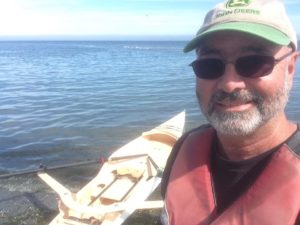 Commissioner Rubin’s careers include a variety of work on ferries, dredging, commercial fishing, and seafood processing. He has owned and run several successful small businesses. He lives in Anacortes with his wife and spends time growing food on their small family farm. Commissioner Rubin is a lifelong boater and is a volunteer with several boating organizations.
Commissioner Rubin’s careers include a variety of work on ferries, dredging, commercial fishing, and seafood processing. He has owned and run several successful small businesses. He lives in Anacortes with his wife and spends time growing food on their small family farm. Commissioner Rubin is a lifelong boater and is a volunteer with several boating organizations.
